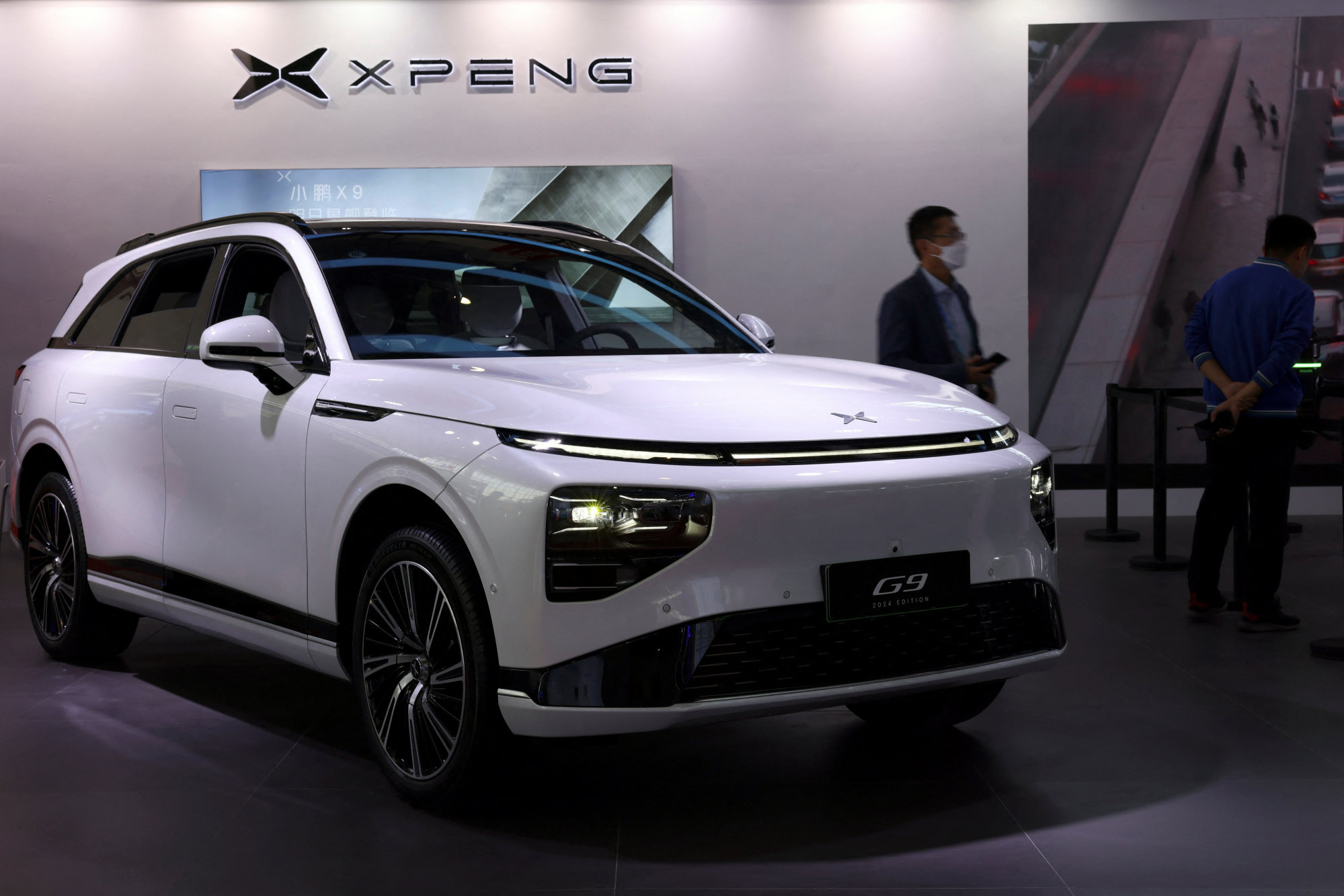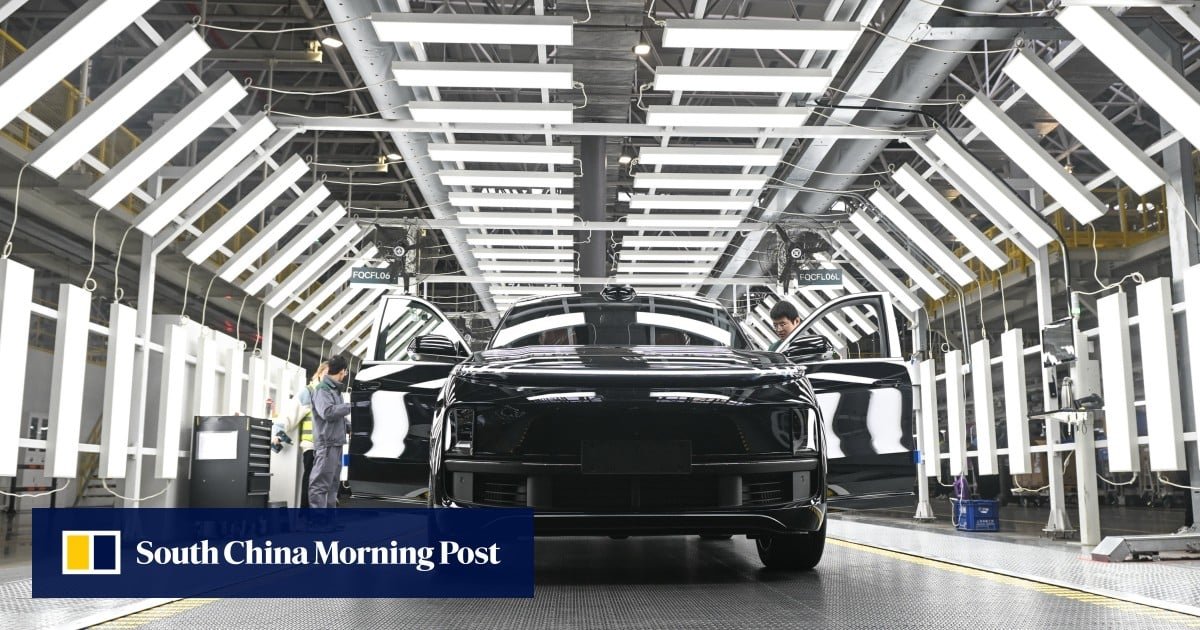“Weak sales [in February] were expected, but a two-straight-month decline bodes ill for the Chinese electric car market where a new round of price cutting is taking shape,” said Tian Maowei, a sales manager at Yiyou Auto Service in Shanghai. “Escalating competition in a slowing market will kick some underachieving players out this year.”
Li Auto, Nio and Xpeng are viewed as China’s best response to Tesla because they offer intelligent vehicles featuring autonomous driving technology, digital cockpits and high-performance batteries.

Tesla, which sells its Shanghai-made Model 3 and Model Y vehicles on the mainland, does not report monthly sales in China. According to the China Passenger Car Association (CPCA), the US carmaker delivered 39,881 units to Chinese customers in January, down 47.4 per cent from a month earlier.
China’s is the world’s largest EV market, with its sales accounting for about 60 per cent of the global total.
But EV makers are also grappling with fiercer competition this year amid worries about severe overcapacity in the market.
China’s Li Auto delivers electric minivan with fridge to lure wealthy families
China’s Li Auto delivers electric minivan with fridge to lure wealthy families
Three carmakers, including a venture General Motors is part of, followed suit and priced their bestselling battery-powered cars below the 100,000 yuan threshold, escalating a price war that could accelerate the transition from petrol vehicles to EVs in China.
EV sales in mainland China grew by 37 per cent year on year in 2023, but Fitch Ratings has forecast that sales will expand by only 20 per cent this year.
Cui Dongshu, general secretary of the CPCA, predicted last month that most carmakers would offer discounts and engage in a price war to retain their shares of the market in 2024.
Li Auto, the only profitable company among the Chinese EV trio, said on Monday that its deliveries in the January to March period could decline by 21.9 to 24.1 per cent to between 100,000 and 103,000 units, compared with 131,805 in the previous quarter.
China’s US$28 billion overseas EV investment holding a charge despite backlash
China’s US$28 billion overseas EV investment holding a charge despite backlash
The company posted net income of 5.75 billion yuan in the three months ending December 31, up 104.5 per cent quarter on quarter.
Nio and Xpeng have yet to publish their quarterly results.
The Lunar New Year holiday ran from February 10 through February 17 this year. Last year it was in January.




